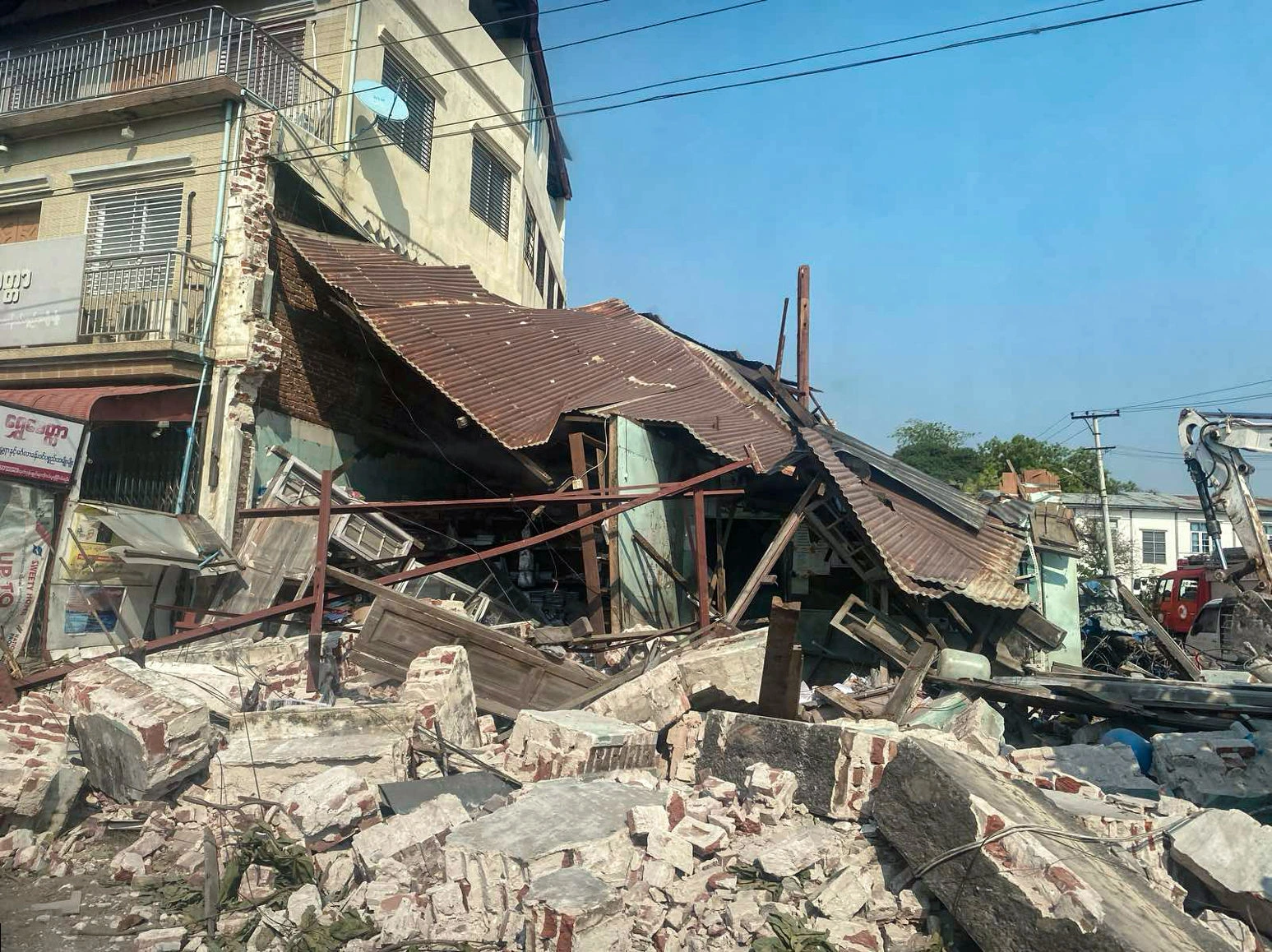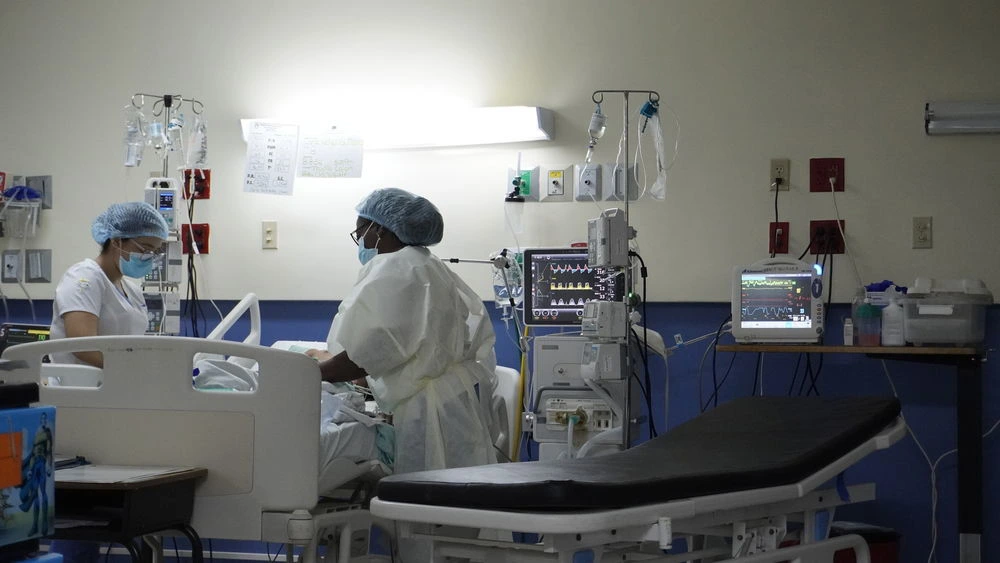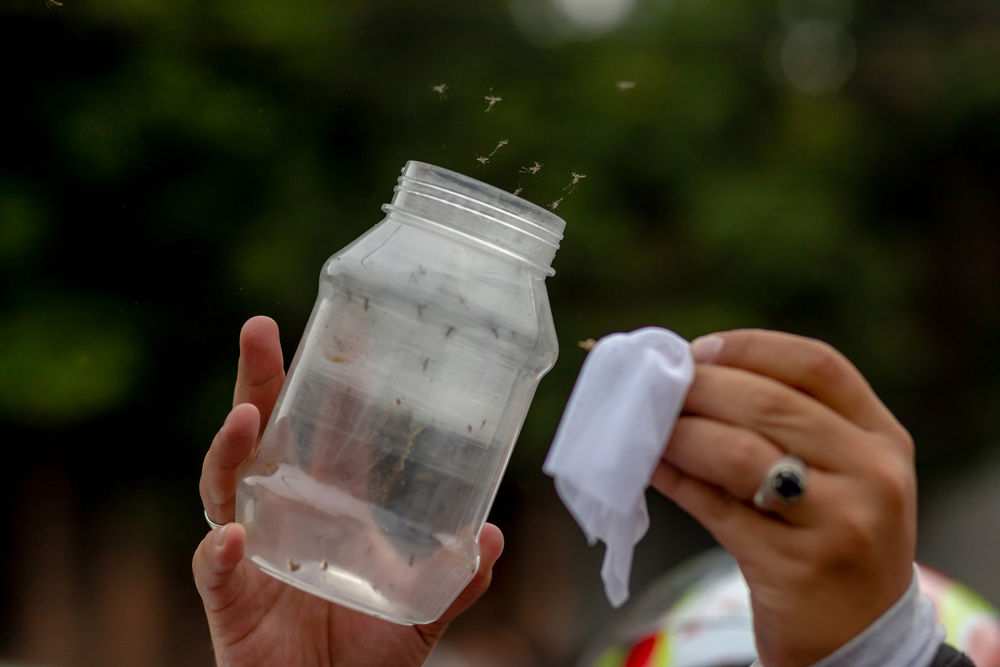Due to the national health emergency caused by an increase in dengue cases in Honduras, Médecins Sans Frontières/Doctors Without Borders is supporting the Ministry of Health with human resources, medicines and medical supplies to alleviate the burden on hospitals in four municipalities in the north of the country.
In June, the Honduran Ministry of Health declared a national health emergency due to an increase in the number of people affected by dengue fever. To date, authorities have reported more than 110,000 positive cases of dengue and more than 115 suspected deaths from the disease, mostly pediatric cases. In the midst of this situation, some hospitals in the department of Cortés have been overwhelmed with new cases arriving daily.
To alleviate overcrowding in the hospitals, MSF is providing medical personnel, nurses and nursing assistants in different stabilization centres in the municipalities of Puerto Cortés, Santa Cruz de Yojoa and Villanueva. The aim is to prevent mild dengue cases from progressing to severe cases that require hospitalisation.
The medical humanitarian organisation has also donated materials such as stretchers, infusion pumps, and ultrasound scanners, among others, to reinforce the care of those admitted.
“What we are looking for is to reinforce the stabilisation centres and their opening hours, so that milder cases of dengue can be attended 24 hours a day, 7 days a week. In these centres, oral and intravenous medication is provided to prevent progression to severe dengue,”
says Maritza Regardiz, MSF's medical activities manager in San Pedro Sula
In San Pedro Sula, the MSF team is also working at Mario Catarino Rivas Hospital, including by hiring a pediatrician and donating stretchers, infusion pumps and computers. “This is to enable as many beds as possible specifically for pediatric patients,” Regardiz says. “In this way we will be able to reduce the hospital burden associated with dengue and allow patients with other diseases not to suffer the consequences of an epidemic, such as being forgotten or seeing their care diminished.”
In addition, MSF continues to work with the Metropolitan Health Region of Cortés and the Health Region of San Pedro Sula providing vehicles to support preventive activities. Since February to date, MSF has been working on spraying (thermo fogging) and accompanying the health personnel to eliminate mosquito breeding sites in the most remote and difficult communities to access.
In the coming weeks, MSF will continue to support these activities, along with epidemiological monitoring to help adapt the response to the needs of the authorities and the population of the region.
- Villanueva is one of the municipalities most affected by dengue. The MSF team began its response in this stabilisation centre, hiring nurses and donating supplies and medicines.
- At the stabilisation centre in Santa Cruz de Yojoa, MSF provides medical personnel to care for patients arriving with symptoms of dengue fever.
- The MSF team supports for Mario Catarino Rivas Hospital in San Pedro Sula by donating stretchers and other medical supplies.




